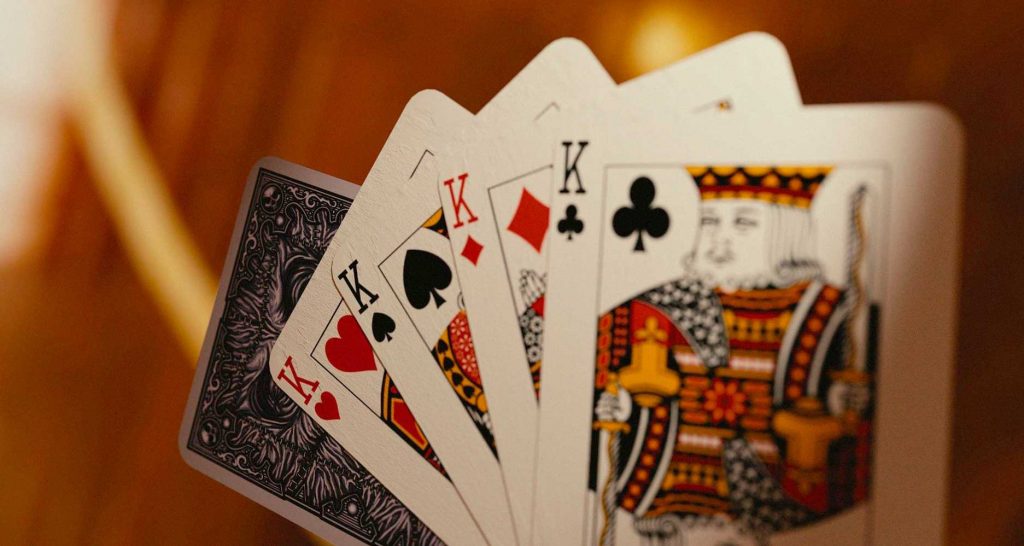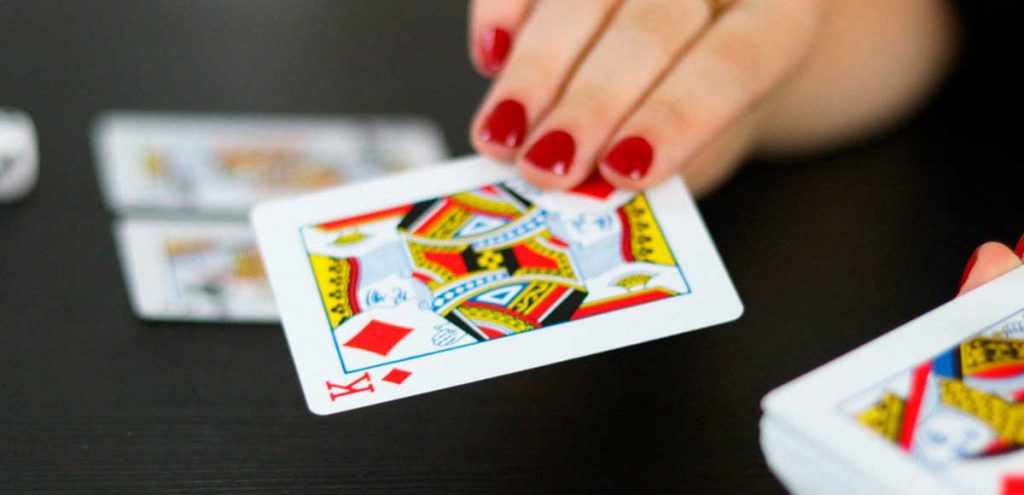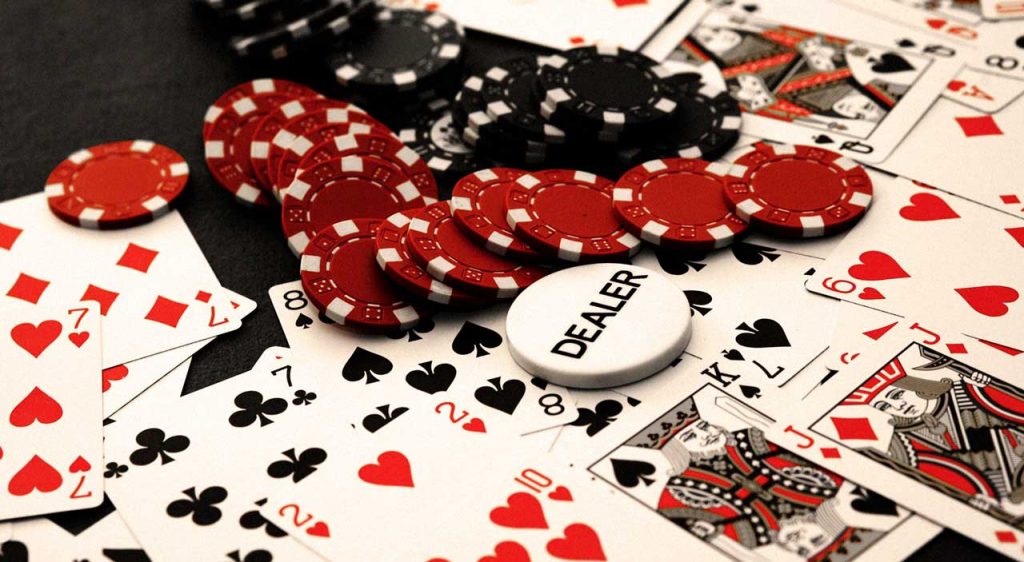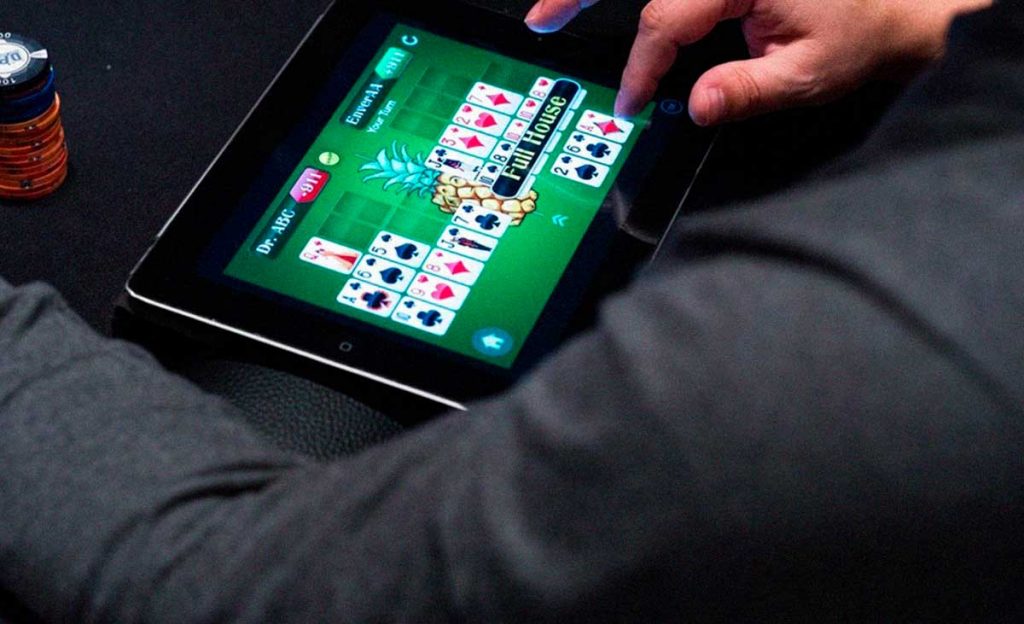We believe that poker is a private matter for everyone. But, nevertheless, we’re always happy to tell you about all sorts of exciting innovations.
Poker, for example, for some professional players, has long been not just a secret passion but quite a legal way to earn money, and a lot of it. And now that there’s an app that helps you make bets and calculate your opponents’ cards as if you were an undercover genius mathematician, the topic of legal and easy earnings has become even more relevant.
In 2017, the legendary Libratus AI match against four poker pros took place, in which the computer’s superiority over humans was proven on this seemingly psychological front as well. For the first time, humans lost a poker game to a computer program. And not just people, but professional players.
Yes, in ordinary life, poker is very often the ability to assess personality and figure out the opponent’s bluff (by the way, we recently wrote about the most popular fallacies, about what people do when they lie). This is especially true when you sit live at the same table.
However, math and calculating combinations have always been a huge part of the game. That’s why the community has sometimes been filled with amazing geniuses who seem to have seen their opponent’s cards but know how to calculate perfectly.
With the proliferation of online poker rooms, where you not only don’t see or hear, but often imagine players by nickname from scratch, math became especially relevant.
The creators of computer programs quickly adapted to these needs. Online calculators appeared, helping to count the odds of winning each specific hand, table optimizers, allowing faster navigation when playing many tables (to close inactive windows), and even player analyzers, which collect statistics and help sort out who’s a pro in the game, and who is a novice, and what strategy is more profitable with each character at the table.
However, all these were quite primitive tools that had success among players and are used by many even now. However, after the appearance of AI, which could beat a person in poker, poker software has made a huge evolutionary leap.
An application called AInsider appeared on the market, which does all the calculations for the player and online, and calculates the strategy that will be most profitable in the long run. You only need to follow its hints, what move to make at the poker table, and the AI will calculate the strategy not only for one move but also far ahead, so you will be in the plus for a long distance.
Moreover, in the game process, AInsider collects information about the players’ behaviour (just like Libratus did, which beat professional poker players) and considers their psychological patterns in its recommendations. Artificial intelligence performs thousands of operations in a fraction of a second – the amount of data no human can manage to process. In general, this app works as if a brilliant mathematician sits at the same table with you and gives you tips.
Some might call it cheating. However, we think it is a perfectly acceptable upgrade, like good athletic sneakers or professional climbing equipment. The whole psychological side of poker–the tricky tricks–is still up to you. It’s just that now you’ll do it with all the information available.

AInsider will help beginners feel more confident and minimize financial losses. Experienced players can use it to double-check their decisions and win even more often. Finally, professionals (those for whom online poker is the main source of income) will make their income stable and predictable with an ROI of about 800%.
With the help of AI to become a professional is realistic in quite a short time. Competent tips allow you to reach higher limits quickly. At this stage, many people already consider poker not just as entertainment but as a profession that brings stable money.
Whenever you play a hand differently than you would if you could see all your opponents’ cards, they win; and whenever you play a hand the way you would if you could see all their cards, they lose. And vice versa: whenever your opponent’s play their combinations differently from how they would have done it, seeing all your cards, you win; and whenever they play their hands the same way as if they had seen all your cards, you lose.




